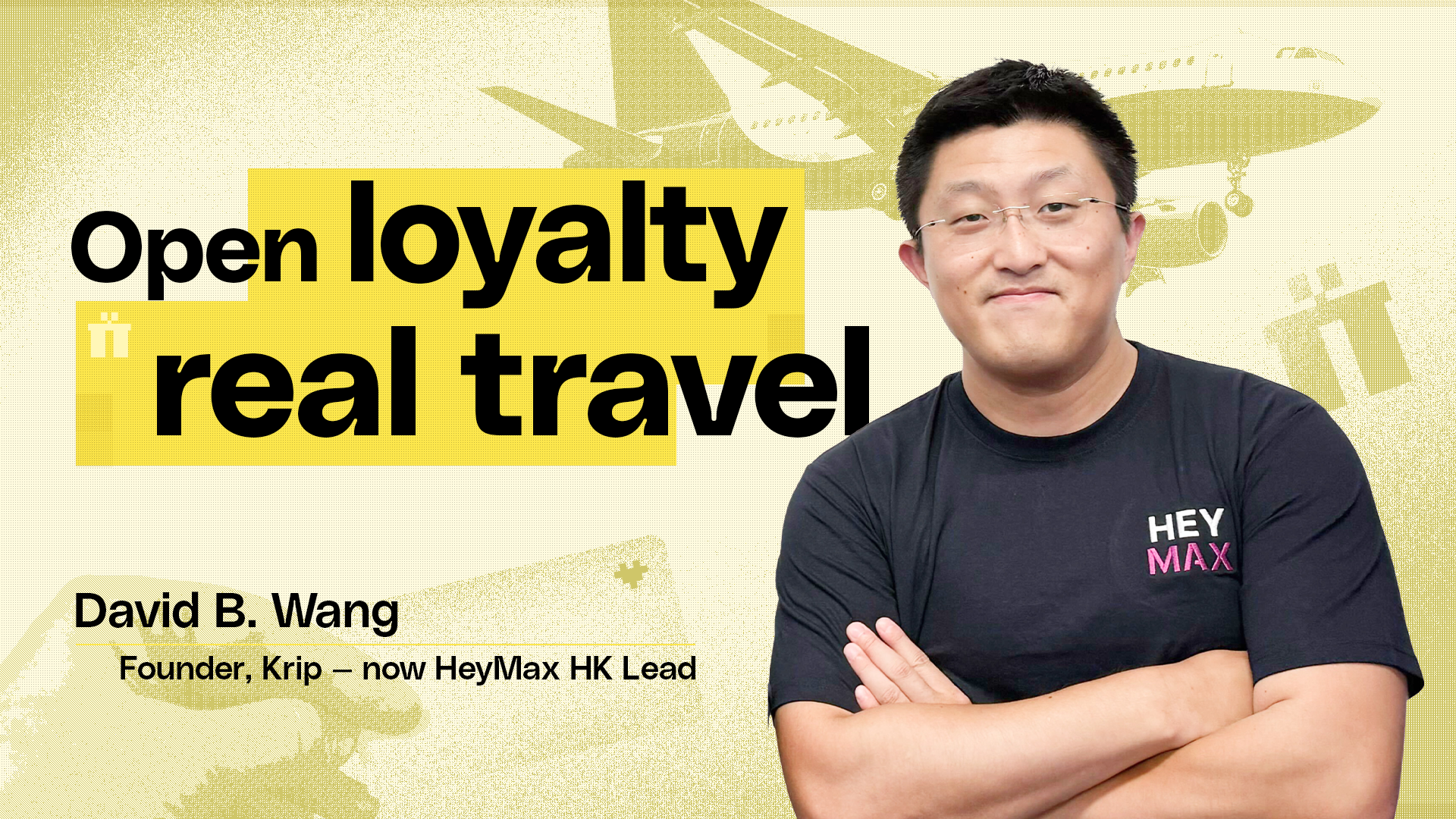
Rajiv Chandna
Growing up in an era where business relationships required extensive risk mitigation and collateral, Rajiv Chandna witnessed firsthand how mistrust could kill promising ventures. That moment of clarity came during his time running a payments company, when his risk team blocked a Thai education business offering French lessons for kids—not because the business was fraudulent, but because the payments industry had no sophisticated way to assess and price merchant risk.
"We were going to take 15% off the annual sales, put that into an escrow account on a perpetual basis, and we're talking about a small Thai business here," Chandna recalls. That experience revealed a staggering truth: $300 billion sits locked in escrow accounts worldwide, money that should be flowing through businesses to fuel growth instead of gathering dust as protection against unknown risks.
As co-founder of Envisso (formerly Kinetic), Chandna is tackling this invisible but massive problem. His Singapore-based company uses AI and multiple data sources to help payment companies accurately assess merchant risk, moving beyond the blunt instrument of collateral requirements toward nuanced, intelligent risk pricing.
👏 Dive deeper into this conversation and many others with innovative founders on the Unsensible Podcast, where we explore the future of technology, business, and investment:
His path to this mission was built through deep experience in financial services across Asia. After six years as a Principal at Boston Consulting Group in London, focusing on financial services and corporate development, Chandna moved to Singapore with Standard Chartered Bank as Senior Director of Strategy. He then spent over three years at Grab Financial Group, rising to Chief Commercial Officer for Financial Services in Indonesia, before a stint as CEO APAC at Nomu Pay. This journey through traditional banking, fintech scaling, and payments gave him a unique vantage point on where the industry's pain points truly lie.
What makes Chandna's approach distinctive is his ability to see beyond binary risk assessment. Where traditional payment companies might treat all hotels the same, Envisso recognises that a Hong Kong city center hotel with same-day bookings carries vastly different risk than a French ski chalet booked nine months in advance. It's this nuanced understanding—part mathematics, part art—that allows payment companies to move from crude collateral requirements to sophisticated risk pricing.
The timing couldn't be better. Post-COVID digitisation means almost everything has become delayed delivery, from made-to-order suits to digital services. High interest rates make that trapped collateral increasingly expensive. Meanwhile, as government stimulus winds down, more businesses face financial distress, making payment companies simultaneously more worried and less able to rely on collateral as their primary protection.
"The big thing that I'd love to see is businesses being able to work with each other instantaneously in the most friction-free way possible," Chandna explains. "These are businesses that don't need to know each other, don't need to have a relationship with each other, but don't need to go into very, very expensive risk mitigation routes before they get into business with each other."
His vision extends far beyond payments. From Indonesian mobile top-up vendors leaving millions in collateral with telcos to countless other B2B relationships constrained by mistrust, Chandna sees a world where sophisticated risk assessment replaces crude collateral requirements. Success, for him, would mean injecting that $300 billion back into the real economy—money businesses could use for staff, technology, and growth instead of sitting idle as insurance against uncertainty.
It's a mission that goes beyond business efficiency to something more fundamental: enabling the trust-based, cooperative environment that allows commerce to flourish across borders and between strangers, powered by intelligence rather than fear.
Don’t miss out!









